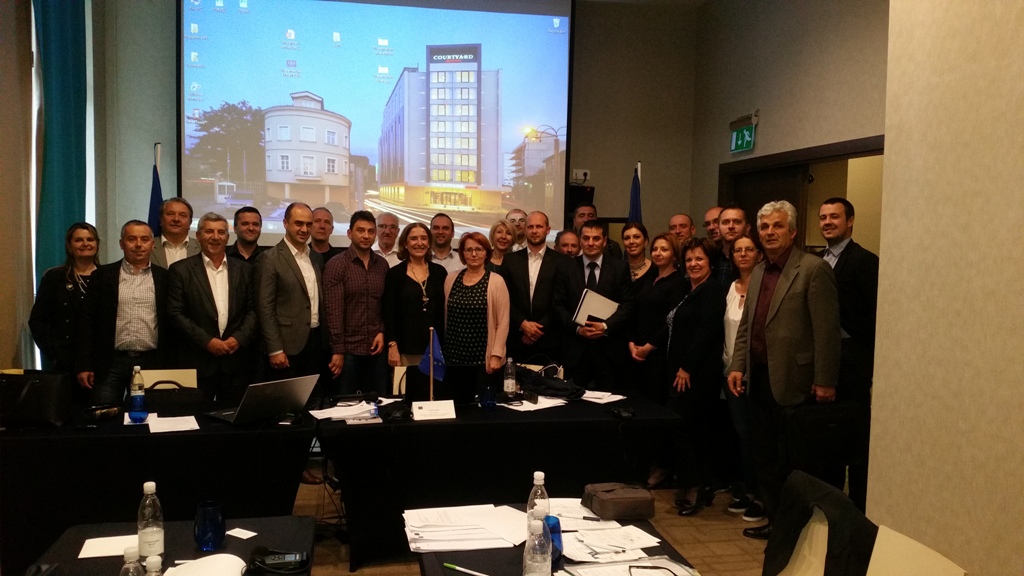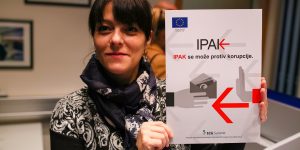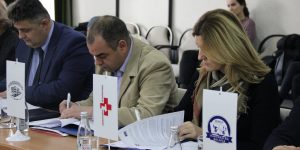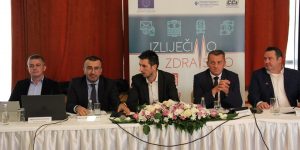Ways to increase integrity in public service, to prevent and fight corruption were discussed at an EU supported Anti-Corruption Training for Trainers (ToT) that was conducted in Sarajevo on 12 May 2017. The two-day training was organized within the Project ‘Capacity Development for Prevention of Corruption and Creation of Strategic Documents in the Field of Fight against Corruption in BiH’ funded by the EU in the amount of EUR 300,000.
Main purpose of the training was to prepare 40 local professional trainers for conducting further regular internal trainings. International experts shared with representatives of anti-corruption teams from entities and cantons of BiH and the Agency for the Prevention of Corruption and Coordination of the Fight against Corruption (APIK) best practices in developing effective anti-corruption legislation and implementing national and entity/canton levels’ anti-corruption action strategies and action plans.
“Fight against corruption in all sectors is utmost important as it has multi-benefit for the country, and the people. Attention to corruption prevention should be paid in early stages of educating children to foster them with the principle of zero tolerance to corruption”, said Karoly Soos, Programme Manager for Home Affairs in the EU Delegation to Bosnia and Herzegovina. He also emphasized the importance of having committed and dedicated representative of member of local anti-corruption teams who will benefit from this training.
Team Leader of the EU project Londa Esadze, underlined the need of a framework for understanding how corruption and anti-corruption can coexist: “Such a framework would outline the resources available to the anti-corruption actors, the strategies these actors employ, and the consequences for society at large of the anti-corruption projects. This framework would help us to understand how anti-corruption operates to reduce or prevent corruption in some areas, and it would also describe how anti-corruption resources are manipulated in local political space as a partisan political tool -the politics of anti-corruption”. In her words, in the field of corruption prevention it is clear that results require more time to be seen than enforcement and that prevention is a high return investment.
The training participants together with the Project Capacity Building expert Georgi Rupchev and Strategic Planning expert Slagjana Taseva, discussed corruption prevention tools, mechanisms for criminalization of corruption and corruption related offences and international cooperation, ways for inter-agency cooperation and coordination at national, entity and cantons levels and successful implementation of anti-corruption policy documents. The Project team delivered to participants a full learning toolkit including training modules, anti-corruption glossary and other materials.




